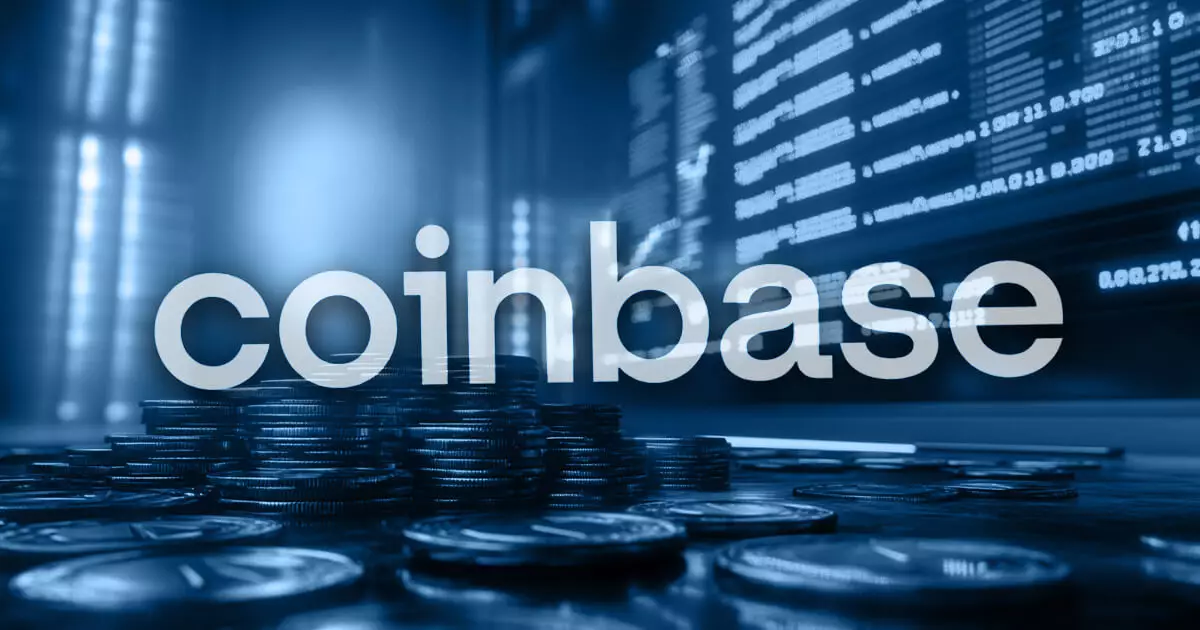In a recent furor within the cryptocurrency community, a public dispute erupted among significant figures, namely Justin Sun, the founder of the Tron Network, and Andre Cronje, co-founder of Sonic Labs, against Coinbase CEO Brian Armstrong regarding the listing fees on the Coinbase trading platform. Coinciding with discussions about the financial obligations associated with asset listings, these claims cast a spotlight on the nuances of exchange operations and how they relate to market dynamics. Sun’s assertion that Coinbase solicited a staggering payment of 500 million TRX—worth roughly $80 million—is particularly contentious, especially in light of his contrasting comments on Binance’s approach to asset listings. Such claims encourage a deeper investigation into the practices employed by exchanges, especially given the discord among crypto leaders.
Sun’s allegations were not merely incited by personal grievances; they are reflective of broader industry practices. He pointed out that Binance, a cornerstone in the cryptocurrency exchange landscape, did not impose fees for listing Tron’s native token, TRX. In fact, Sun went further, asserting that Coinbase also requested an astronomical $250 million Bitcoin deposit for inclusion into its Custody program, allegedly aimed at enhancing liquidity. This raises serious questions about what transparency means in the context of listing fees and how exchanges navigate the often intertwined realms of profitability and service.
Cronje supported Sun’s position, revealing that Coinbase had approached his team with increasingly high requests for listing fees, diverging starkly from Binance’s zero-fee policy. By highlighting these discrepancies, Cronje and Sun suggest that Coinbase’s assertions of offering free asset listings may indeed lack substance. Their statements catalyze a reevaluation of the perceived open-access ethos often associated with cryptocurrency trading platforms.
In response to Sun and Cronje’s claims, several prominent figures within the crypto community stepped forward to defend Coinbase. Greg Osuri, the founder of Akash Network, disputed the claims by emphasizing his experience, indicating that his project faced no listing fees on Coinbase. Similarly, Haider Rafique, the Chief Marketing Officer of OKX, echoed the notion of Coinbase’s transparent practices, asserting there are no inherent costs imposed.
Nonetheless, the discussion took another turn with input from Luke Youngblood, a contributor to Moonwell DeFi. Youngblood elucidated how Coinbase’s Earn program, often confused with listing fees, functions independently. He emphasized that sponsorship of educational campaigns through Coinbase cannot be conflated with listing obligations, further complicating the narrative around what a ‘listing fee’ actually entails. This breakdown serves as a reminder of the complexity underlying crypto ecosystems, wherein terms and practices are often subject to misinterpretation.
As this conversation unfolds, it’s essential to recognize its implications for market stability—especially for emerging projects. On October 31, Moonrock Capital CEO Simon Dedic laid bare allegations regarding Binance’s demands for 15% of a project’s total token supply, equating to costs that could reach up to $100 million. Such financial barriers may pose significant challenges for nascent projects seeking traction and visibility. While Binance’s co-founder He Yi dismissed these claims as unfounded fear, or FUD, the unsettling reality persists that market fees can shape the landscape heavily in favor of well-established players.
This ongoing controversy around listing fees underscores the intricate balance that exchanges must strike between meeting regulatory standards, accommodating potential projects, and ensuring their sustainability. The exit from or avoidance of fees often reflects the infrastructure exchanges have developed and the established players who can afford and benefit from such arrangements.
The emerging exchange of opinions surrounding cryptocurrency listing fees reaffirms the importance of transparency within the industry. As figures like Justin Sun and Andre Cronje voice their concerns, and others like Greg Osuri and Luke Youngblood step up to offer counterpoints, it becomes clear that this dialogue is vital. Trust goes hand in hand with integrity, especially in an ecosystem as volatile and evolving as cryptocurrency. By fostering open communication and critically analyzing existing practices, the cryptocurrency community can continue its march towards a more equitable and transparent future, ensuring that all players, regardless of their size or financial backing, have an opportunity to innovate and compete.

